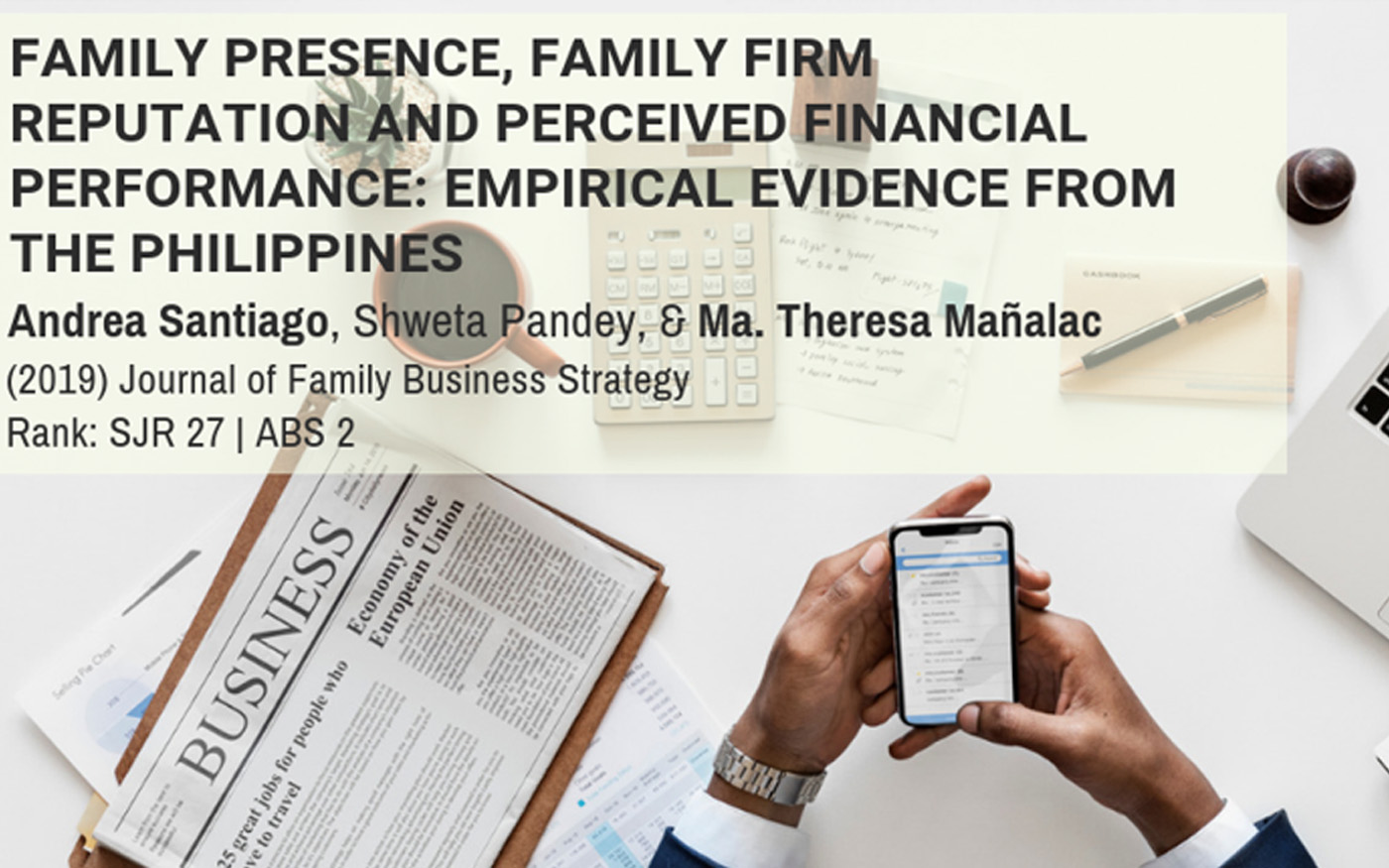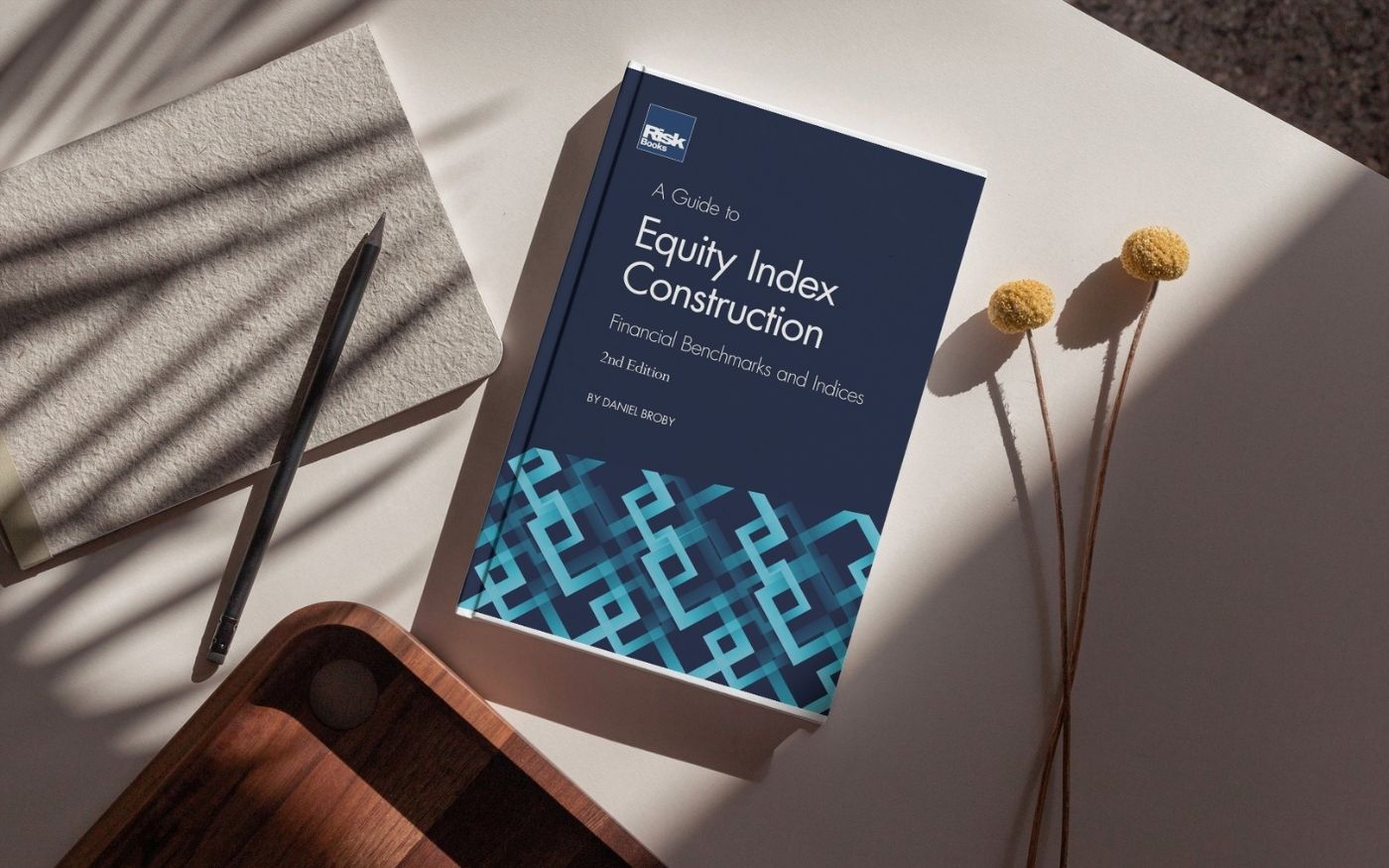Executive Summary
Prior research suggests that a distinct family firm reputation could be related to positive stakeholder perceptions. One underlying, yet untested, assumption is that a stronger presence of the enterprising family (for example in the media) supports the development of a family firm reputation, which may positively affect the firm’s diverse constituencies. This study thus starts the conversation on the relationship of family presence and family firm reputation as perceived by non-professional investors within the Philippine context.
Investigating a sample of 252 non-professional investors in the Philippine context we find support for a positive relation between the presence of the enterprising family in the media and perceived firm performance Furthermore, this relation is mediated by the reputation of the family firm. Our findings illustrate that enterprising family exposure in the media is positively linked to family firm reputation as well as to perceptions of firm performance, suggesting that exposure of the enterprising family might contribute to shaping a positive family business brand.
This study shows that family presence is a construct that warrants further investigation. Families who are economically dependent on the business and have intentions of passing the business to future generations are likely to have greater motivation to maintain a positive family presence to protect their family firm reputation, as it is a means to safeguard the wealth generated by the firm. When family presence is perceived as negative, the family firm suffers with it. When family presence and family firm reputation are positive, the family firm enjoys a better standing and the mere mention of the corporate name opens more doors in a more cost-effective manner.
News of the family, regardless of whether the family member is involved in the business or not, and whether the news is actually related to the business, will impact the reputation of the family firm. Since news travels fast, and negative news even faster, families need to be alert. To ensure alignment, families who value their family firm reputation should focus on educating family members and aligning their family and business values so that family firm reputation is guarded.
Our study also reveals that the ownership concentration has a positive impact on the perceptions of family firm reputation by non-professional investors. Apparently, there is high trust for organizations largely owned by reputable families. Further, the greater the asset base, the higher the confidence of non-professional investors in the business.
A positive family presence and family firm reputation also leads to the perception that the family firm has good financial performance, even without the presence of the financial data on hand.
In conclusion, the overall results of the study show that it is important for families to build trust among its stakeholders, as it serves as the foundation for a positive family firm reputation. Apparently, stakeholders are willing to take a chance on a firm with positive family firm reputation, as the owning family is willing to share their wealth with them, for even if family shares are diluted, the total wealth of each investor – family or not – increases as the family firm grows.
Citation: Santiago, A., Mañalac, T. & Pandey, S. (2019). Family Presence, Family Firm Reputation, and Perceived Financial Performance: Empirical Evidence from the Philippines. Journal of Family Business Strategy, DOI: https://doi.org/10.1016/j.jfbs.2019.02.002.





